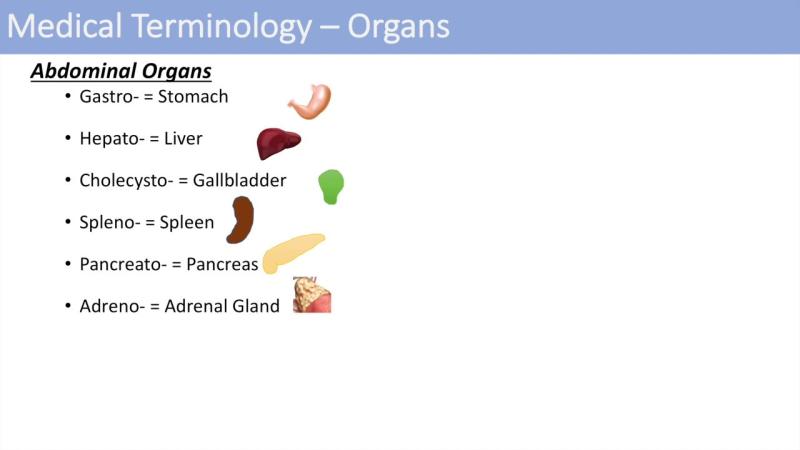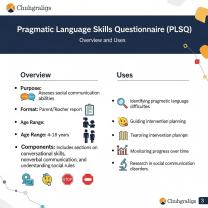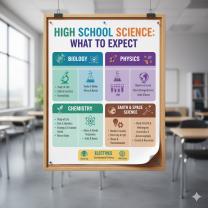Why learning medical terminology is important for students?
Learning medical terminology is crucial for students pursuing careers in healthcare and related fields. Here are several reasons why understanding medical terminology is important:
Communication in the Healthcare Setting:
- Medical terminology provides a standardized language for healthcare professionals. It allows effective communication among healthcare team members, preventing misunderstandings that could have serious consequences for patient care.
Accurate Documentation:
- Healthcare professionals, including nurses, doctors, and medical coders, use medical terminology to accurately document patient information. Precise documentation is essential for maintaining comprehensive patient records and facilitating continuity of care.
Enhanced Patient Care:
- Understanding medical terms helps healthcare providers communicate clearly with patients. It enables professionals to explain diagnoses, treatment plans, and medical instructions in a way that patients can comprehend, promoting better patient understanding and compliance.
Interpretation of Medical Literature:
- Medical literature, including research articles, textbooks, and clinical guidelines, is written using standardized medical terminology. Proficiency in medical terminology allows students and professionals to comprehend and critically analyze scientific literature in their field.
Efficiency in the Workplace:
- Medical terminology streamlines communication and workflow within healthcare organizations. Professionals can convey complex information efficiently, reducing the risk of errors and ensuring that tasks are completed accurately and promptly.
Coding and Billing:
- Medical coders and billing specialists use medical terminology to assign accurate codes for procedures and diagnoses. Proper coding is essential for insurance claims, reimbursement, and maintaining financial health within healthcare institutions.
Professional Competence:
- Mastery of medical terminology is a hallmark of professional competence in healthcare. Employers value employees who can communicate effectively and navigate the specialized language used in the medical field.
Continued Education and Specialization:
- For students considering advanced degrees or specialization in healthcare, a strong foundation in medical terminology is often a prerequisite. Specialized fields often have their own unique terminology, and a solid understanding is crucial for success in these areas.
Medical Science Understanding:
- Learning medical terminology provides insights into the structure and function of the human body. It enhances students' understanding of medical science, helping them make connections between different anatomical structures, physiological processes, and medical conditions.
Adaptability in a Dynamic Field:
- The healthcare field is dynamic and continually evolving. Proficiency in medical terminology prepares students to adapt to changes, stay current with advancements, and communicate effectively in an environment that may introduce new terms and technologies.
In summary, learning medical terminology is an integral part of healthcare education. It is foundational for effective communication, accurate documentation, and the overall delivery of high-quality patient care. Whether in clinical settings, research, or administrative roles, a solid grasp of medical terminology is an essential skill for students pursuing careers in healthcare.
Learning medical terminology is crucial for students pursuing careers in the healthcare field. It provides a common language for communicating effectively with healthcare professionals, patients, and other stakeholders. Moreover, understanding medical terminology empowers students to navigate complex medical information, enhance their comprehension of medical conditions and procedures, and contribute meaningfully to patient care.
Here are some of the key benefits of learning medical terminology for healthcare students:
Effective Communication: Medical terminology serves as a common language for healthcare professionals, enabling them to exchange information accurately and efficiently. This shared understanding fosters collaboration among healthcare providers, ensuring that patients receive coordinated and consistent care.
Patient Education: Healthcare professionals often need to explain medical concepts and procedures to patients in a clear and understandable manner. Proficiency in medical terminology allows students to tailor their explanations to patients' levels of understanding, promoting informed consent and patient engagement.
Medical Literature Comprehension: Medical terminology is essential for comprehending medical literature, research findings, and clinical guidelines. Students who grasp medical terms can effectively read and interpret medical journals, textbooks, and other professional resources.
Career Advancement: Strong medical terminology skills can enhance a student's employability and career advancement opportunities. Employers in the healthcare industry value candidates who can communicate effectively and demonstrate a strong understanding of medical concepts.
Lifelong Learning: Medical terminology is a dynamic field that evolves as new medical discoveries and technologies emerge. Students who develop a strong foundation in medical terminology can adapt to these changes and continue to learn throughout their careers.
In summary, learning medical terminology provides students in healthcare fields with a valuable tool for effective communication, patient education, medical literature comprehension, career advancement, and lifelong learning. It is an essential skill for anyone seeking a successful and fulfilling career in the healthcare industry.












